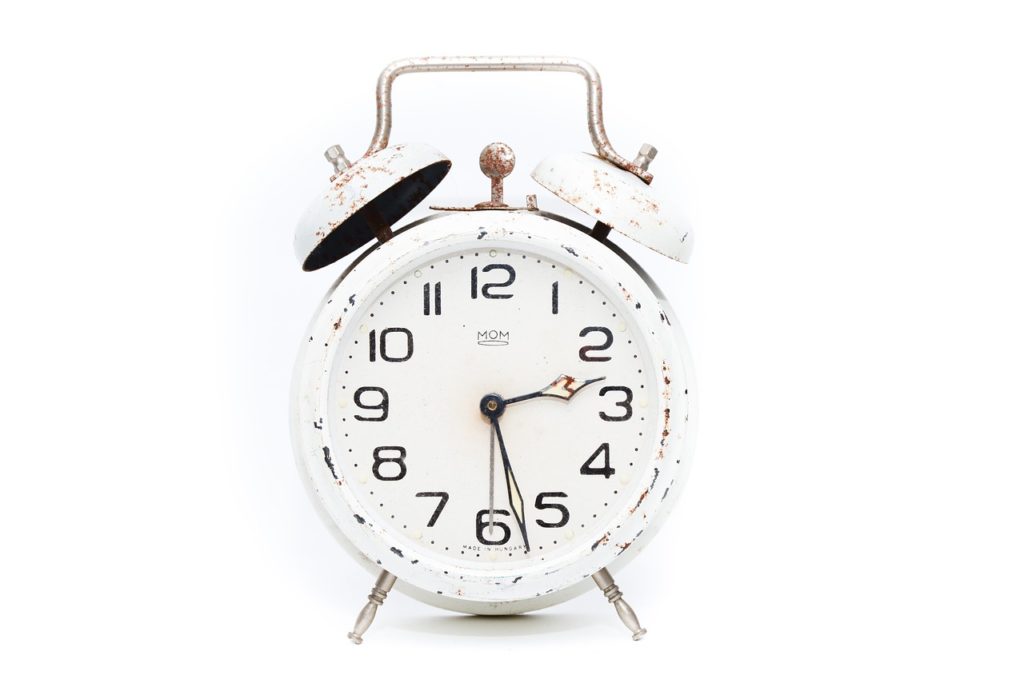Virtually every appliance or device you buy today was built to be obsolete as soon as you got it home. Manufacturers have been practicing “planned obsolescence” for years now, knowing full well that the device has a limited shelf life and will break down or become obsolete in a brief period of time.
Where our parents had appliances that lasted for 25 years, we’ve been through five washing machines in 25 years. My mother has a working gas stove in the basement that my father got in 1956.
Retailers today, under the guise they want to make sure you protect your investment, offer “extended warranties” on every appliance they sell. Of course, there is a big commission for the salesperson for each one they sell, but everyone’s got to eat, right? Sometimes I wonder if “warranty” is French for “waste of money.”
A few weeks ago, I bought a $12 alarm clock that had no other features other than a buzzing alarm. When I went to check out, the cashier asked me if I wanted to purchase an extended warranty. Apparently, I could get a two-year warranty for my $12 alarm clock for just $7.95. When I inquired what kind of protection I would be getting for increasing the price of my $12 alarm clock to almost $20, I was told that if anything happened to the alarm clock, they would replace it for free.
I’m 60 years old. I’ve had three alarm clocks since I was 14. Is that really protecting my $12 investment? Is there even a need to protect a $12 investment?
I’ve purchased a handful of these protection agreements in my lifetime, mostly for my bigger appliances like the washer or refrigerator. But every time I try to use them, I never get any satisfaction, ever.
First, you must sign up for them at the store at the time of purchase. At that point, you are so mentally exhausted after all the hoops you must go through to purchase that new dishwasher, you would reveal the location of Jimmy Hoffa’s body just to get out of there.
Sometimes, these contracts are purchased to give you “peace of mind,” knowing that you are protected if your microwave malfunctions after the manufacturer warranty expires. Instead, you want to give someone a “piece of your mind” when you try to use it. The sad thing is that even though we continue to get burned by the loopholes and exclusions, we still buy them and expect to make use of them.
Our Sears extended warranty on our washer/dryer seemed like a good idea at the time. When the washer stopped working last year, I located the warranty and calmly spoke to the pleasant representative, who took my information and scheduled a service appointment for me 10 days in the future. When I questioned why it would take 10 days, I was told that the service contract stipulated 10 days. Sure enough, after locating a magnifying glass and pouring over the pamphlet like the Dead Sea Scrolls, there it was.
And wouldn’t you know it? When the technician arrived in exactly 10 days, he didn’t have the part he needed and had to order it. Of course, it was on back order. Two weeks later, the part arrived, and my machine was repaired. Granted, I didn’t have to pay for the repair, but it cost me at least $200 in quarters at the laundromat for four weeks.
My Sears protection agreement states that if they can’t fix the appliance after 90 days, I can return it for a replacement. Ninety days without a washing machine? How do I return it? Put it in a shopping cart and roll it into the store?
I called the number for service on my extended warranty for the microwave that is installed above my stove. The plastic facing on the door had cracked, but the service technician deemed it was not covered because the heat of the stove caused the plastic casing to crack. How is that not covered for a microwave that is installed above the stove?
I vow to never purchase an extended warranty again. It is just another way of separating you from your money. Not me, mister. I’m done with that nonsense.
Of course, my alarm clock is no longer working after it fell from the nightstand and I never bought the extended warranty.


































